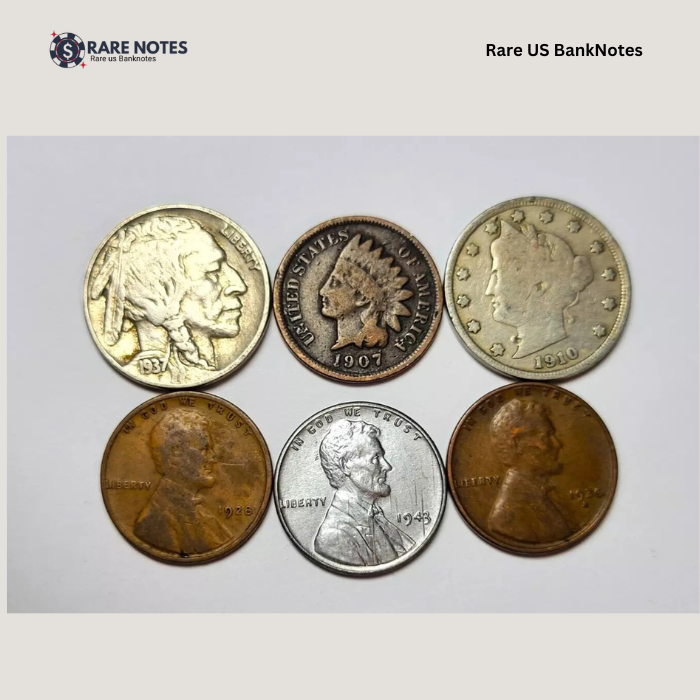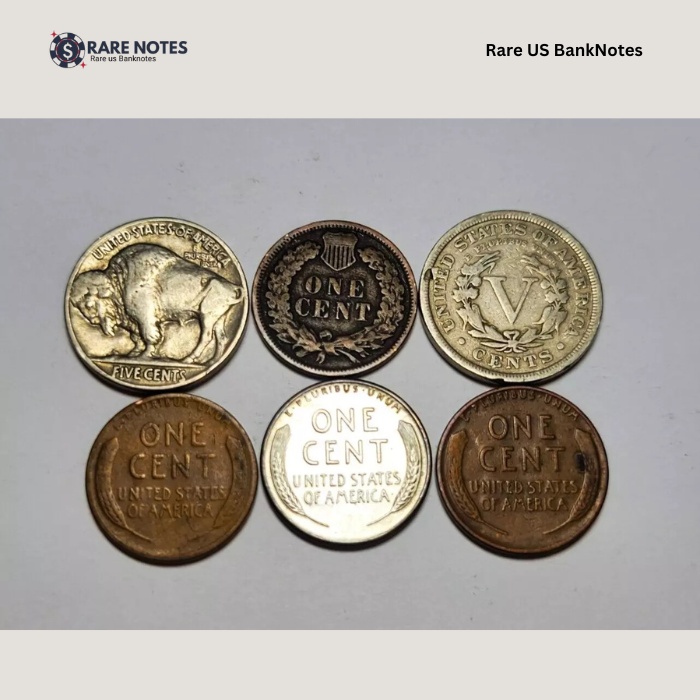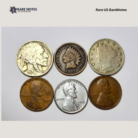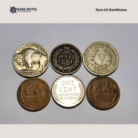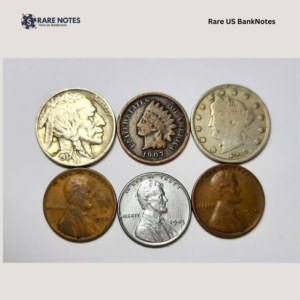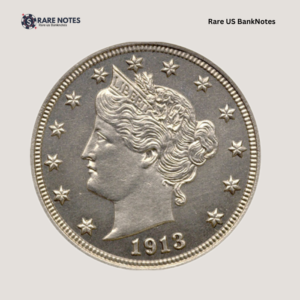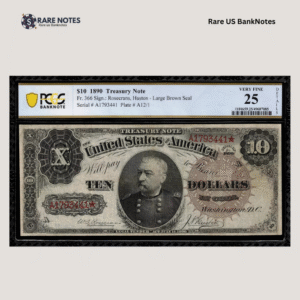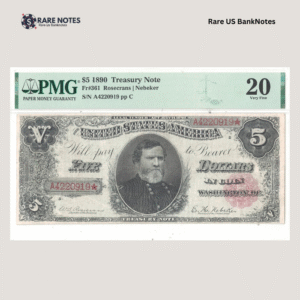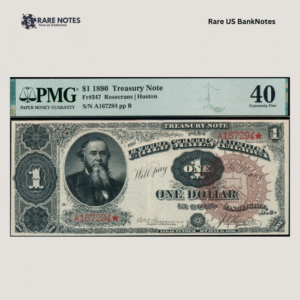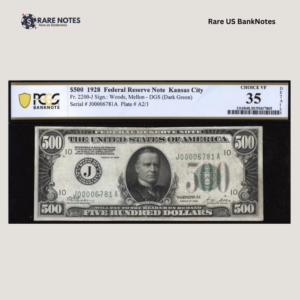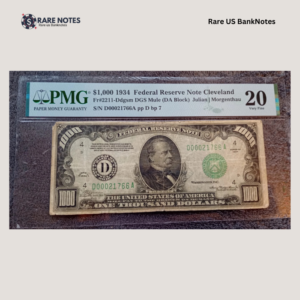Lot of Indian Head, Liberty V, Buffalo Nickel, Steel & Wheat Pennies
🔹 Lot Includes:
🔹 Tag phrase:Indian Head, Liberty V, Buffalo Nickel, Steel & Wheat Pennies
✔️ Indian Head Penny (1859-1909) – A beloved 19th-century design with Lady Liberty wearing a Native American headdress.
✔️ Liberty V Nickel (1883-1913) – The first U.S. nickel to feature the Roman numeral “V” for five cents.
✔️ Buffalo Nickel (1913-1938) – A classic coin featuring a Native American chief on the obverse and an American bison on the reverse.
✔️ Steel Penny (1943) – A one-year-only issue struck in steel due to World War II copper shortages.
✔️ Wheat Pennies (1909-1958) – A historic Lincoln cent featuring the iconic wheat ears design.
🔹 Country: United States 🇺🇸
🔹 Denominations: 1 Cent (Penny), 5 Cents (Nickel)
🔹 Years: Mixed Dates (1859-1958)
🔹 Condition: Circulated (May Vary)
- Estimated Delivery : Up to 4 business days
- Free Shipping & Returns : On all orders over $200
Lot of Indian Head, Liberty V, Buffalo Nickel, Steel & Wheat Pennies | Old U.S. Coins
If you’re a collector or investor in old U.S. coins, a lot containing Indian headcents, Liberty V Nickels, Buffalo Nickels, Steel Pennies, and Wheat Pennies is a fantastic way to own a piece of American history. These coins, minted between the mid-19th and mid-20th centuries, offer a glimpse into America’s past, showcasing iconic designs and representing significant moments in U.S. numismatics.
Indian Head Cent (1859–1909)
The Indian Head Cent, first minted in 1859, is one of the most popular small cents among collectors.
Key Features:
-
Obverse: A left-facing Lady Liberty in a Native American headdress (designed by James Barton Longacre).
-
Reverse: A wreath of laurel (1859) or oak (1860-1909), with the denomination “One Cent.”
-
Composition: 88% copper, 12% nickel (1859-1864); 95% copper, 5% tin and zinc (1864-1909).
-
Historical Significance: Introduced during the Civil War, it reflects America’s westward expansion and Native American heritage.
Popular Dates & Key Coins:
-
1877 Indian Head Cent – The rarest and most valuable in the series.
-
1908-S & 1909-S – The only Indian Head Cents struck at the San Francisco Mint.
Liberty Head “V” Nickel (1883–1913)
The Liberty Head Nickel, or “V Nickel,” was produced from 1883 to 1913 and remains a favorite among collectors.
Key Features:
-
Obverse: A portrait of Lady Liberty wearing a coronet inscribed with “LIBERTY.”
-
Reverse: The Roman numeral “V” (5 cents) surrounded by a wreath.
-
Composition: 75% copper, 25% nickel.
-
Historical Significance: Early examples lacked the word “CENTS,” leading to counterfeiting scams where criminals gold-plated them to pass as $5 gold pieces.
Notable Rarities:
-
1885 Liberty Nickel – One of the key date rarities.
-
1913 Liberty Nickel – Only five known, making it one of the most valuable U.S. coins (worth millions).
Buffalo Nickel (1913–1938)
The Buffalo Nickel, designed by James Earle Fraser, is one of the most iconic U.S. coin designs.
Key Features:
-
Obverse: A Native American chief (a composite of multiple tribal leaders).
-
Reverse: A bison (buffalo), modeled after “Black Diamond”, a famous buffalo in the Central Park Zoo.
-
Composition: 75% copper, 25% nickel.
-
Historical Significance: Symbolized America’s frontier heritage and was part of the artistic movement to improve U.S. coinage.
Notable Dates:
-
1913 Type 1 & Type 2 – The first-year issues featured a raised mound, later changed to a flat ground.
-
1916 Double Die Obverse – A rare error coin.
-
1937-D “Three-Legged Buffalo” – A famous minting error that resulted from over-polishing the dies.
Steel Penny (1943)
The 1943 Steel Penny is a unique wartime coin minted during World War II to conserve copper for military use.
Key Features:
-
Obverse: The familiar Abraham Lincoln profile, designed by Victor David Brenner.
-
Reverse: The classic “Wheat Ears” design used from 1909 to 1958.
-
Composition: 99% steel, coated with zinc to prevent rusting.
-
Historical Significance: First and only steel composition penny in U.S. history.
Rare Varieties:
-
1943 Copper Penny – A minting error occurred when a few copper blanks were accidentally used; these are worth six figures or more.
-
1943-D with Bold Errors – Some steel cents have misprints, making them valuable.
Wheat Pennies (1909–1958)
The Wheat Penny, the first Lincoln cent, was introduced in 1909 to honor Abraham Lincoln’s 100th birthday.
Key Features:
-
Obverse: Abraham Lincoln’s profile, still used on modern pennies today.
-
Reverse: Two wheat ears, symbolizing prosperity.
-
Composition:
-
Historical Significance: The first U.S. coin to depict a real historical figure rather than Lady Liberty.
Notable Wheat Pennies:
-
1909-S V.D.B. – The first-year issue, featuring designer Victor David Brenner’s initials (V.D.B.).
-
1914-D – A key low-mintage rarity.
-
1922 No D – A rare error penny missing the Denver Mint mark.
-
1955 Double Die Obverse – A famous doubled-lettering error coin.
Why Collect Old U.S. Coins?
-
Historical Value – Each coin represents an important era in American history.
-
Rare & Valuable Coins – Some dates and mint errors can be worth thousands of dollars.
-
Artistic & Design Appeal – These coins showcase beautiful engravings and classic American themes.
-
Investment Potential – Many old U.S. coins appreciate in value, making them a great numismatic investment.
Conclusion
A lot containing Indian Head Cents, Liberty V Nickels, Buffalo Nickels, Steel Pennies, and Wheat Pennies is a perfect addition to any collector’s portfolio. These coins tell the story of America’s evolving currency, from the Civil War era to World War II. Whether you are a beginner or a seasoned numismatist, these old U.S. coins offer both historical significance and financial value—making them highly collectible and an excellent investment!


